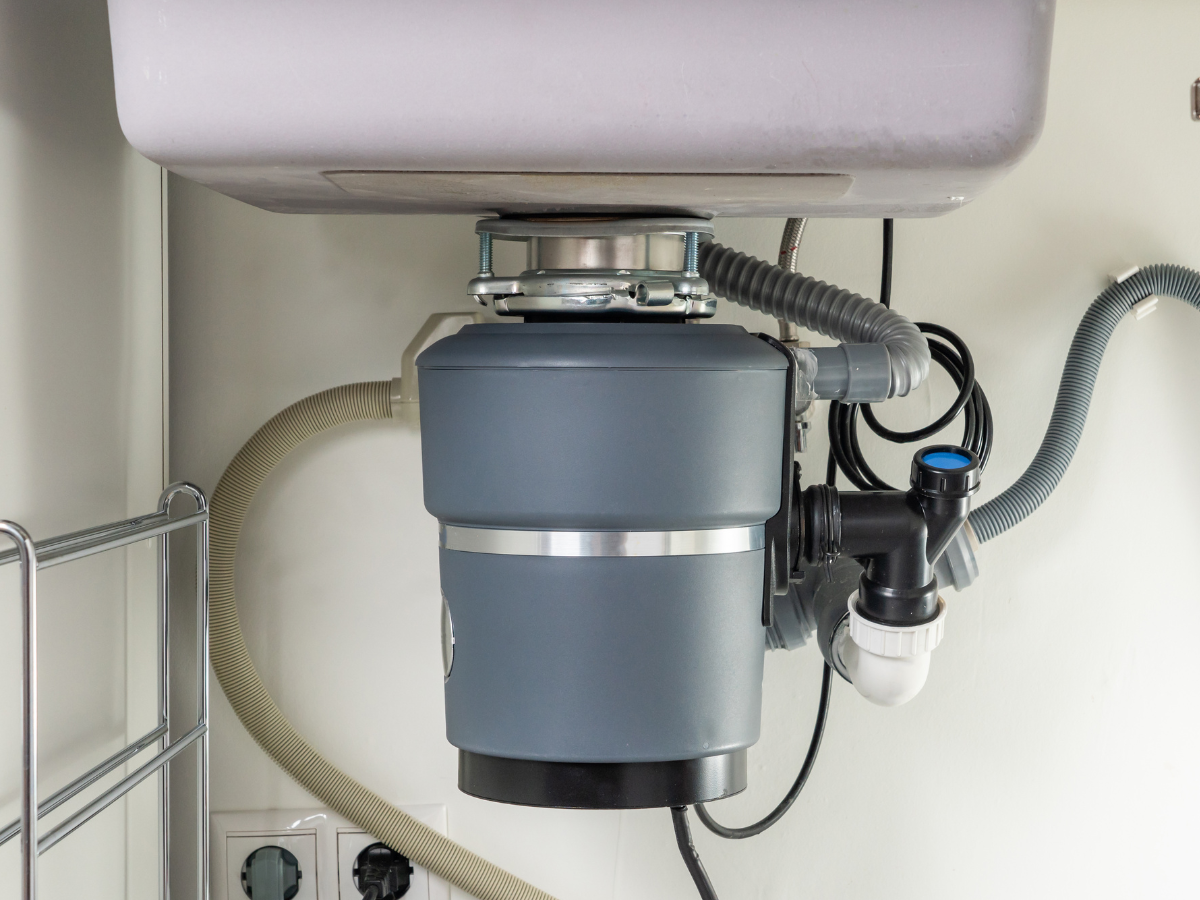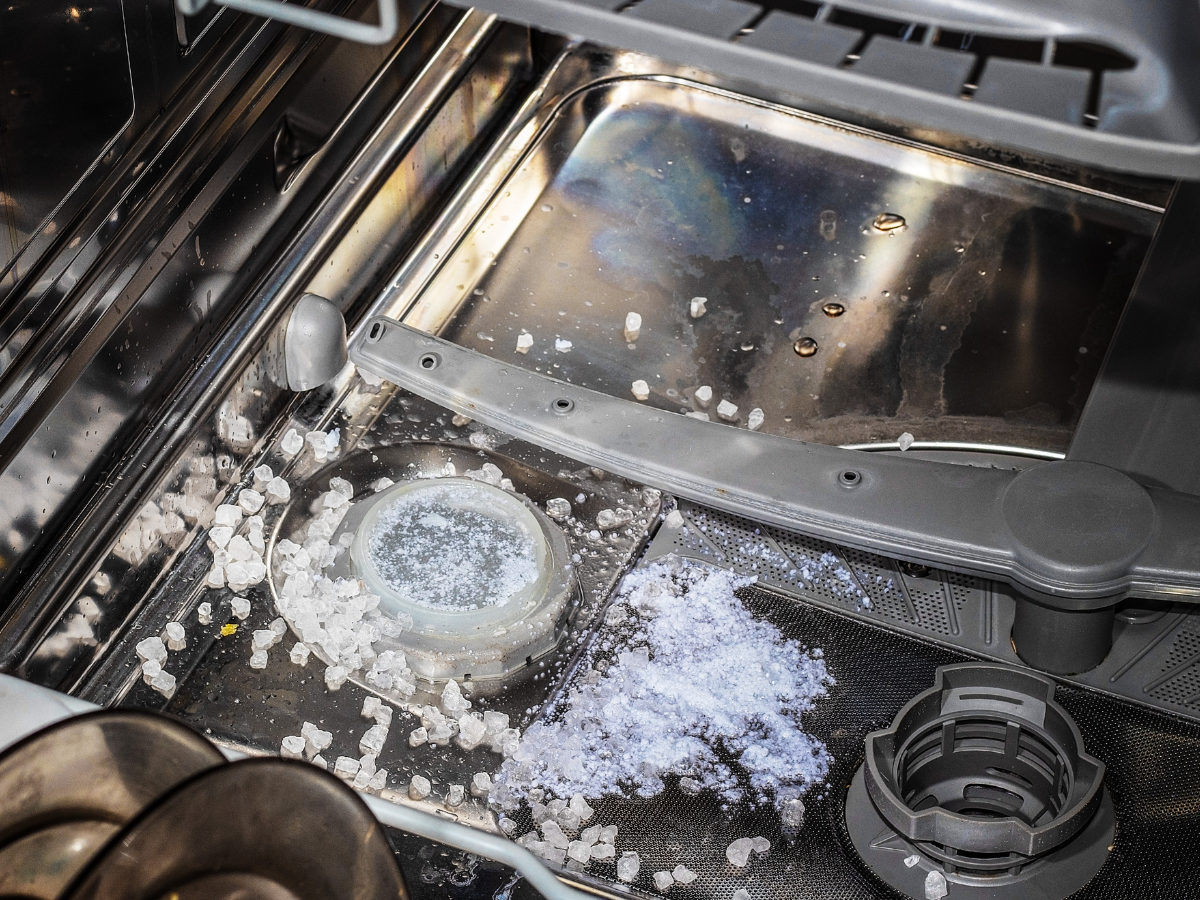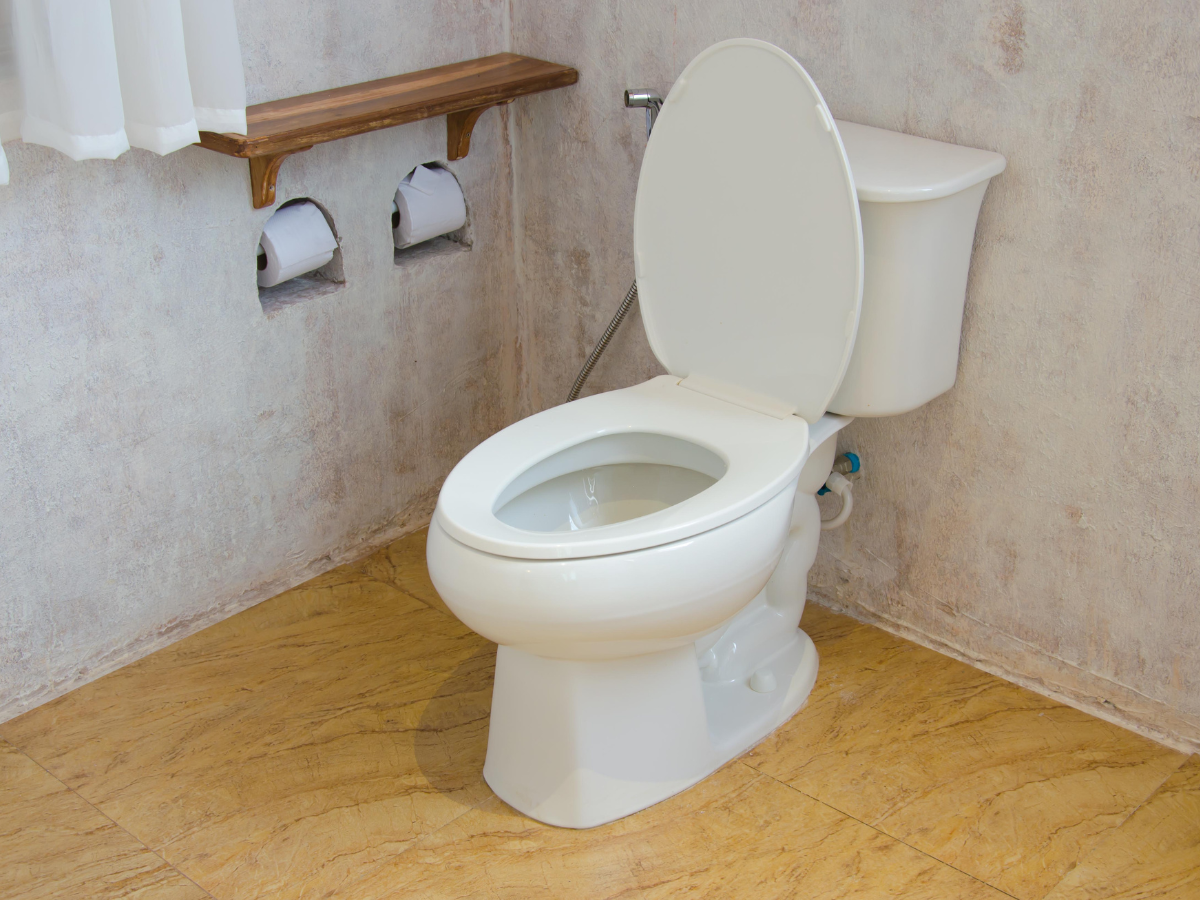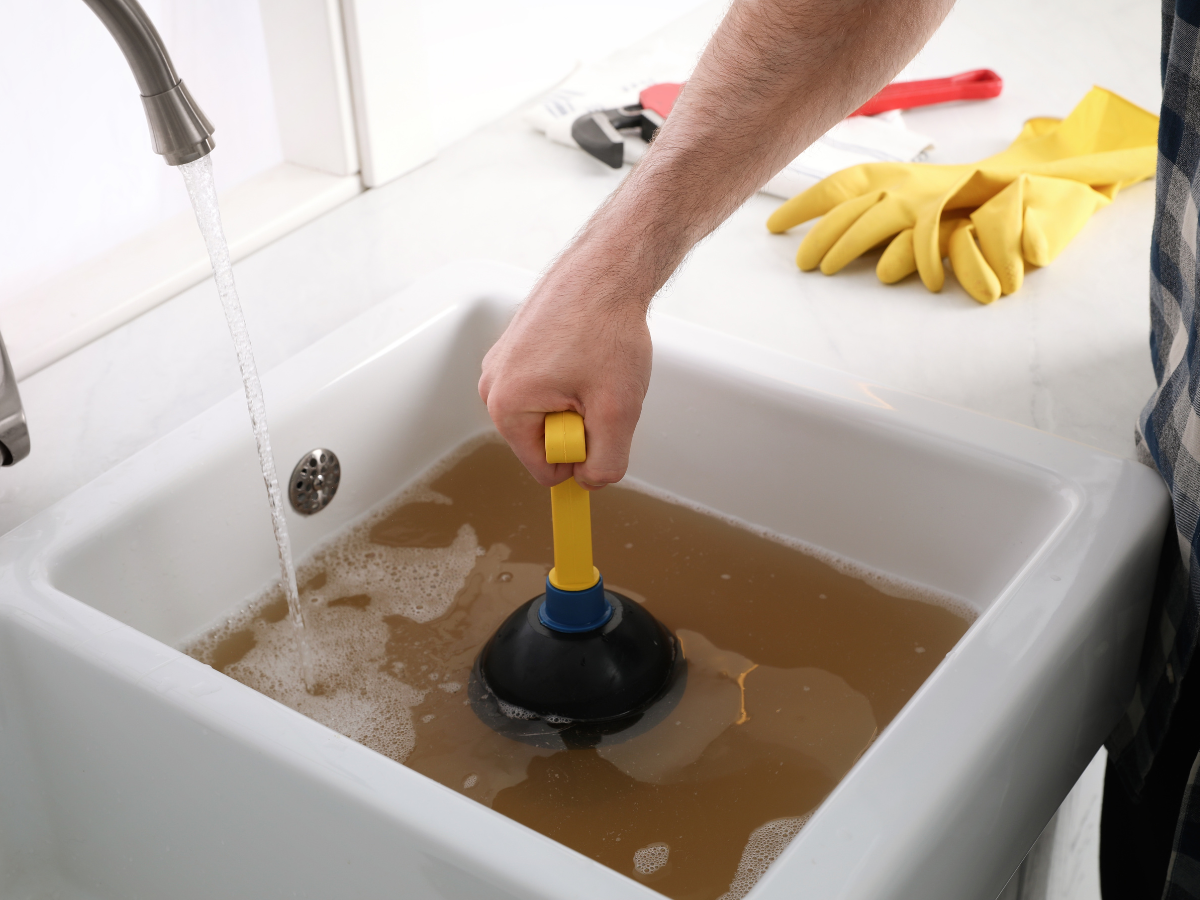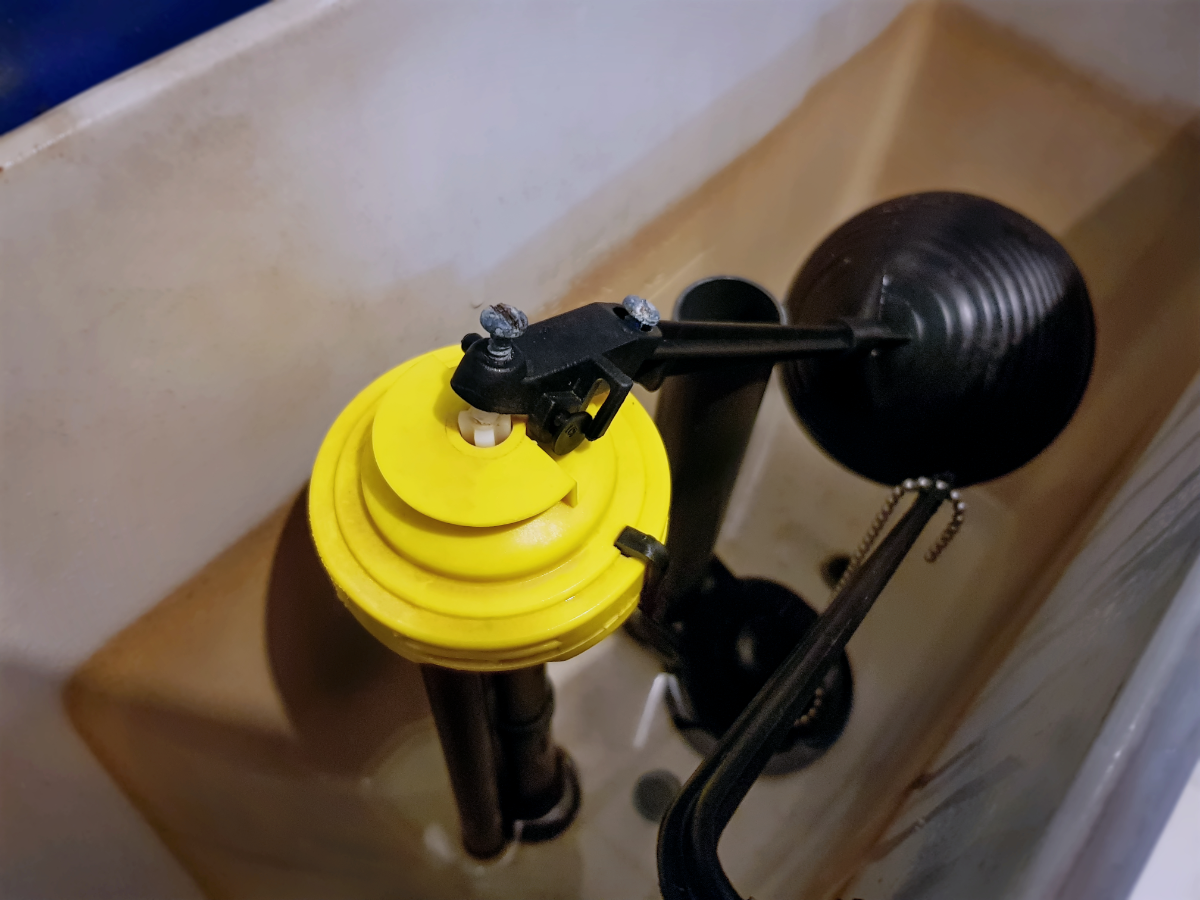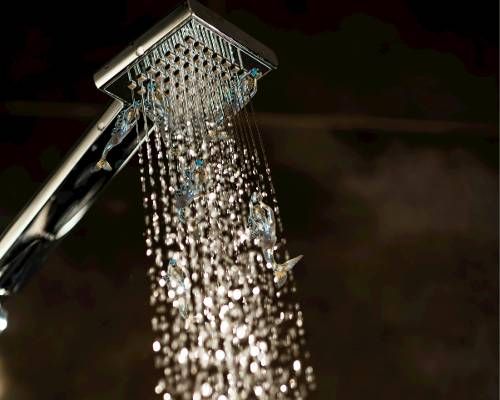How To Prevent Frozen Pipes
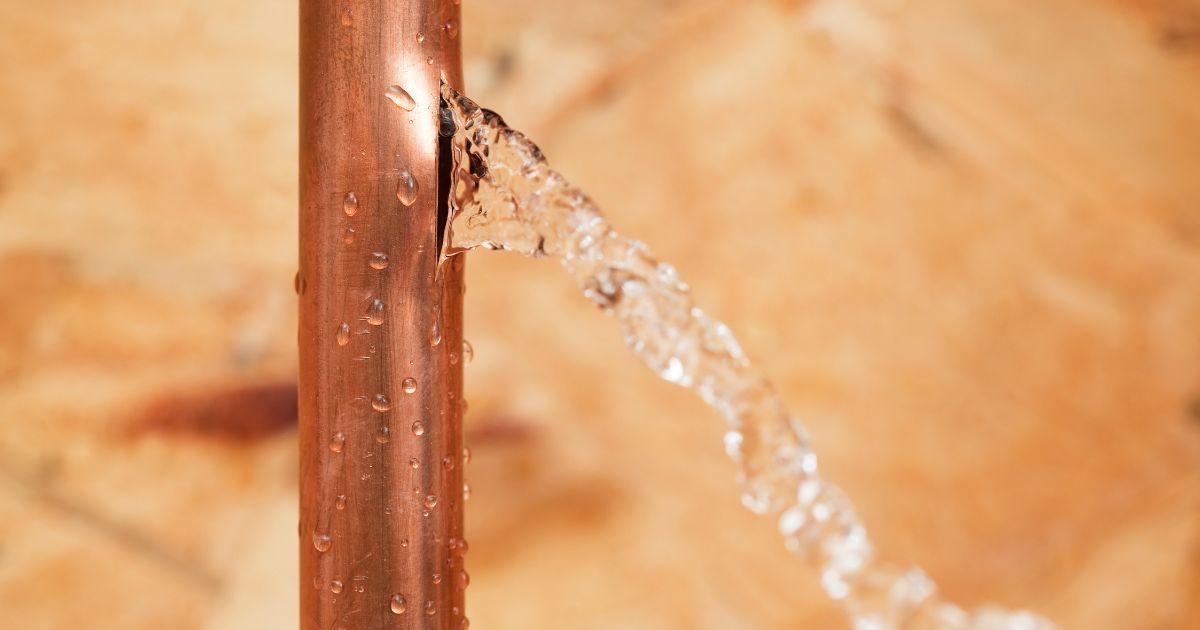
Winters in Washington can be cold and rainy, with temperatures typically below freezing at night. Low temperatures can lead to many home problems, including frozen pipes. Frozen pipes are a homeowner’s worst nightmare in the winter, because of the stress and damage it can cause. However, we are here to help ensure your pipes remain in working condition. In this blog, we discuss tips to prevent frozen pipes and what to do if your pipes freeze in Mount Vernon.
What Happens If Your Pipes Freeze?
Pipes have a chance of freezing when temperatures drop below 32 degrees, but are more common to freeze when the temperature falls below 20 degrees. When water freezes, it expands and creates pressure in the pipes. Frozen water inside pipes can cause the line to burst from pressure and create water damage. Not only will the area flood, but increase the chance of mold growth and high utility bills.
Pipes can freeze anywhere in or around your home depending on the temperature. However, pipes are most likely to burst in spaces such as:
- Basements
- Crawlspaces
- Attics
- Garages
- Inside Cabinets
- Pool Supply Lines
- Watering Sources such as hoses or sprinklers
- Exterior Wall Pipes
Tips To Avoid Frozen Pipes
If the weather forecast predicts temperatures below freezing, it is best to take precautions to avoid frozen pipes. As the old saying goes, it is better to be safe than sorry! Below we have listed 6 tips to prevent your pipes from freezing in Skagit County and surrounding areas.
- Open Cabinet Doors
- Drip Faucets
- Disconnect Hoses
- Insulate Pipes
- Seal Air Leaks
- Maintain A Consistent Temperature
Open Cabinet Doors
Cabinet doors block heat from entering and can cause your pipes to freeze. An easy way to avoid frozen pipes is to simply open up each cabinet with pipes underneath to allow heat to circulate. This can include kitchens and bathrooms.
Drip Faucets
When temperatures drop very low, we recommend allowing your faucets to drip at night. This process creates constant water flow and decreases the chances of freezing. Additionally, dripping faucets can relieve pressure build up between pipes and frozen water to further prevent your pipes from bursting.
Disconnect Hoses
Outside water sources have no heating access and can easily freeze, which damages hoses or sprinklers. To prevent pipes from freezing, we recommend disconnecting all hoses from each water source to prevent excess water inside from freezing and creating a mess. Additionally, consider adding a cap to outdoor water faucets to further protect your pipes.
Insulate Pipes
Insulation helps maintain higher temperatures and can be beneficial to avoiding frozen pipes. Insulating your pipes is a cost effective and easy way to prevent a stressful situation. Pipe insulation can be found at most home improvement stores.
Seal Air Leaks
While it may seem small, sealing air leaks can help prevent frozen pipes. Air leaks allow the freezing temperatures to enter your home and create a cooler environment for pipes to freeze. An easy way to seal air leaks is to caulk or weather strip cracks around your home.
Maintain A Consistent Temperature
While cold temperatures can create high heating costs, it is best to maintain a consistent temperature throughout your home. We recommend keeping the same thermostat setting both day and night during a cold front to protect your pipes rather than saving a small amount on heating costs.
How To Tell If You Have Frozen Pipes
Unless your pipes have burst, it can be hard to tell if your pipes are frozen. Being able to identify frozen pipes before they burst can save stress, time, damage, and money. Below are 5 ways to tell if you have frozen pipes in Snohomish County and surrounding areas.
- Frost or condensation on the outside of pipes
- Sewage smell
- Unusual noises coming from the pipes
- Bulgy pipes
- Cracks with ice or water seeping through
What To Do If Your Pipes Freeze Or Burst
If you experience frozen pipes that have not yet burst, it is best to take precautions to thaw rather than waiting it out. The best way to thaw frozen pipes is to slowly add heat to them. Homeowners can use portable heaters, hairdryers, warm towels, or any other heating method to thaw pipes. However, we do not recommend using an open flame or leaving heating sources unattended.
If your pipes have burst, it is best to leave it to the professionals. A Full Speed Plumbing Technician can quickly arrive at your house and begin the process of repairing frozen pipes. We are here to take the stress off your shoulders and restore your home comfort.
Before the next cold front, consider these six tips to avoid frozen pipes. If you experience frozen or burst pipes in Pierce County or surrounding areas, give Full Speed Plumbing a call! Our expert technicians are trained to professionally and timely repair your plumbing issues.

